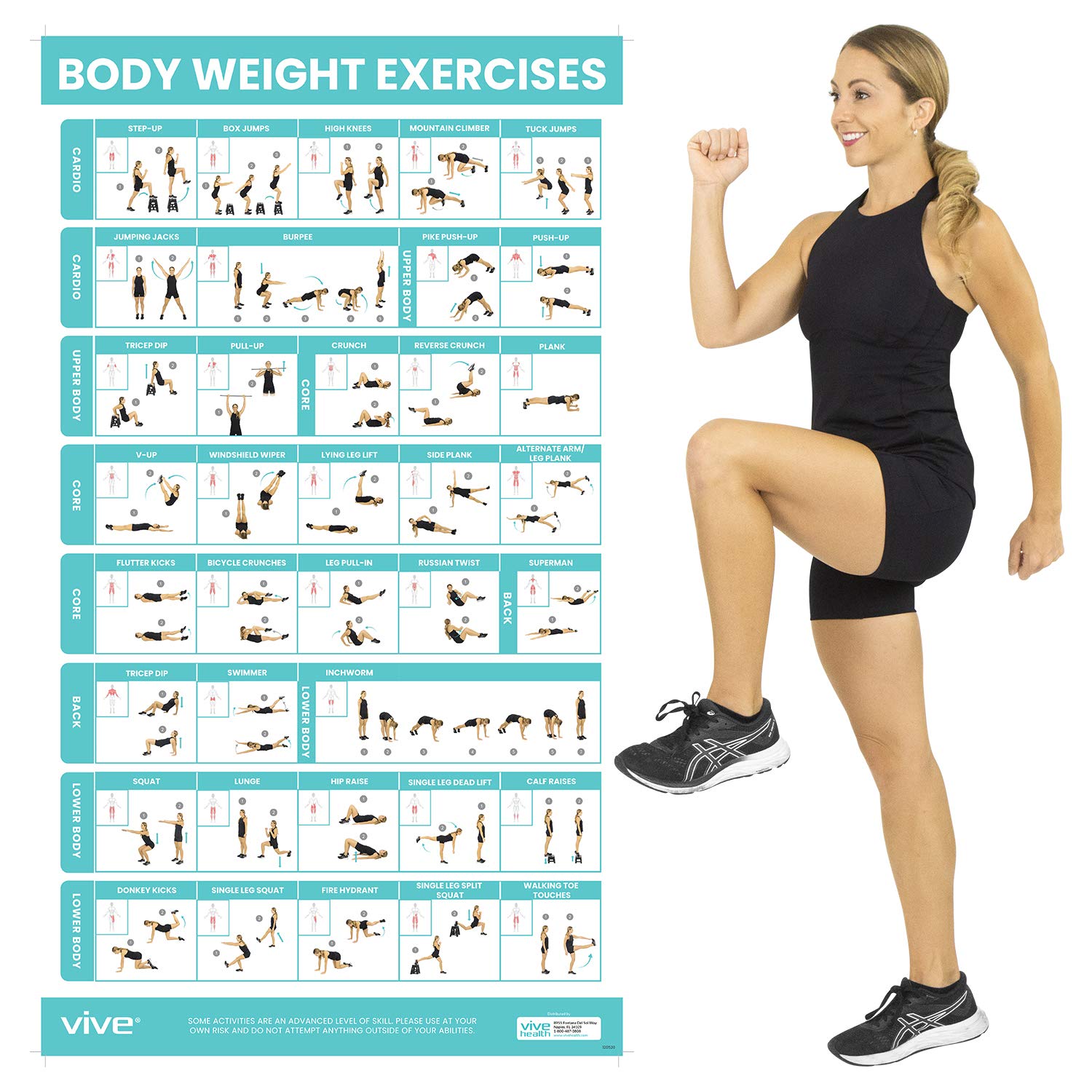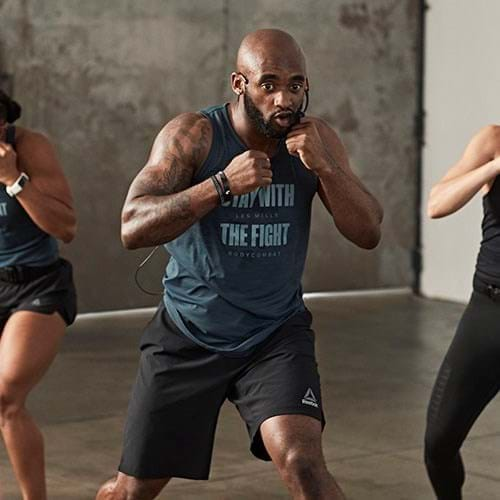
If you want to be a personal trainer, you will need to have the proper education and certifications. There are many courses you could take to become an effective personal trainer. A degree in Business, Sports medicine, and Exercise science can be earned. This article will discuss the courses that can be done through distance education.
Distance education options
Distance education is a great option for trainers. You can have a one-time coaching session or continue mentoring over the phone, internet, or video. Some trainers have started to offer more comprehensive online education options comparable to those offered through universities and colleges. These classes are a great way of expanding your knowledge while you can work on your own schedule.

Sports medicine degree
The popularity of exercise and sports continues to grow, so there is a greater demand for specialists in sports medicine. The demand for athletic trainers will rise by 23 percent by 2030. The increase in awareness about sports injuries and the continued participation among older and middle-aged athletes will contribute to this growth. There are many levels of sports medicine degrees. Admission requirements for these programs vary, but in most cases, all you need is a high school diploma and official transcripts. Some programs also require SAT or ACT scores.
Exercise science degree
A bachelor's degree with a focus on exercise science will give you the foundation to a successful career. Students will study exercise physiology, nutrition, and kinesiology. Doctoral programs may also be offered to graduates in exercise science. A certified personal trainer may be possible with the degree.
Business degree
A business degree is highly versatile. It can prepare you for many business careers. They are great for those who want to be able to work in multidisciplinary fields. This article will discuss the differences between undergraduate and graduate business degrees, as well as the types and specializations that may be available. While each program's curriculum is different, they all have core classes as well as electives. Some programs focus on more complex topics like marketing and accounting.
Nutrition degree
The Bachelor's Degree in Nutrition can open many doors for a career in this field. The program gives you an in-depth knowledge of nutrition science, food manufacturing, human physiology, and psychosocial factors. In addition, graduates have the opportunity to specialize in specific areas of nutrition through additional coursework. Master's-level degrees are also available in nutrition.

ACE Certified Personal Trainer certification
Obtaining ACE Certified Personal Training certification can help you jumpstart your career in personal training. ACE offers a standardized assessment that will assess your knowledge about exercise science and fitness. It can be expensive and difficult. This exam requires several months of preparation.
FAQ
How can I start with fitness?
Start small. Take 10 minutes each day to walk around your block. This will help you learn basic movements and allow your muscles to adjust to the new routine. Once you are comfortable with this form of exercise and have gained some experience, you can start adding steps to your daily workout routine.
Which Is More Important: Exercise, Diet, or Sleep?
The answer depends on what you want to achieve. The most important thing to do if you are looking to lose weight is diet. To build muscle mass, exercise is crucial. The last factor is sleep, which only impacts how well you perform during your day.
Do I need to get warm before going out?
Warming up before you start an activity will reduce muscle soreness. Warming up can take many forms, including walking, running or jumping rope, stretching, or cycling. You should start slow and gradually increase your speed and intensity.
What should I eat before I work out?
No. No. You might be hungry after a workout, so you may want to snack on fruit or yogurt.
How many hours sleep should I get each night?
The recommended sleep amount varies based on age, gender, individual needs, and other factors. Most adults need between 7 and 9 hours of sleep per night. Children and teens typically need between 7 and 9 hours of sleep each night. However, this number drops as they get older.
Statistics
- One study showed that adults who watch more than 4 hours of television daily had an 80% higher risk of death from cardiovascular disease. (heart.org)
- In high-income countries, 26% of men and 35% of women were insufficiently physically active, as compared to 12% of men and 24% of women in low-income countries. (who.int)
- Physical activity confers the following maternal and fetal health benefits: a decreased risk of pre-eclampsia, gestational hypertension, gestational diabetes (for example, 30% reduction in risk) (who.int)
- Globally, 81% of adolescents aged 11-17 years were insufficiently physically active in 2016. (who.int)
External Links
How To
How to Stay Fit When You're 40
This article guides those who want to keep their body healthy and strong even at 40 years old. It covers some basic advice on how to eat right, exercise, sleep well and take care of your mental health. This article will give you tips on living longer and healthier.
-
Eat Right - The first thing you should do when trying to stay fit is to ensure you're eating the right foods. You should steer clear of processed food products, and eat whole grains and fruits, vegetables, lean proteins, fish, eggs, nuts, seeds, beans and legumes. Add something to your diet if it isn't what you like. You won't lose weight if you don't eat as much. Instead, start adding small amounts of new things into your daily meals. Try turkey once a week if you usually only eat chicken breast. Try rice occasionally if pasta is your favorite food. Consider including these foods in your daily meals.
-
Exercise - You should exercise at least three days per week. Cardio activities include running, swimming and biking. Rest is also important. It is recommended that you sleep for at least 8 hours each night. It is important to drink enough water throughout each day. Drink 2 liters (0.5 gallon) of water each day.
-
Sleep well - A good night's sleep is key to staying healthy. The National Sleep Foundation states that adults need 7-8 hours sleep per night to be in good physical and mental health. But most people sleep less than 6 hours per night. Changes in your sleeping habits can make you more tired. You can catch more sleep by changing your sleeping schedule so that you go to bed earlier or wake up later. You can also turn off your smartphone before you go to sleep so you can relax and wind down. Avoid caffeine after noon to avoid insomnia.
-
Take Care of Your Mental Health. Taking care of yourself is key to maintaining a healthy body. Stressful situations can lead to poor eating habits and unhealthy lifestyle choices. Meditation, yoga, breathing exercises and relaxation techniques are all good stress management tools. Try to spend one hour of your free time doing something enjoyable. This could mean taking a walk outside, playing sports, reading a book, listening to music, watching TV, etc.
The four above points will make you live longer and more healthy. These simple steps will allow you to reach your fitness goals.